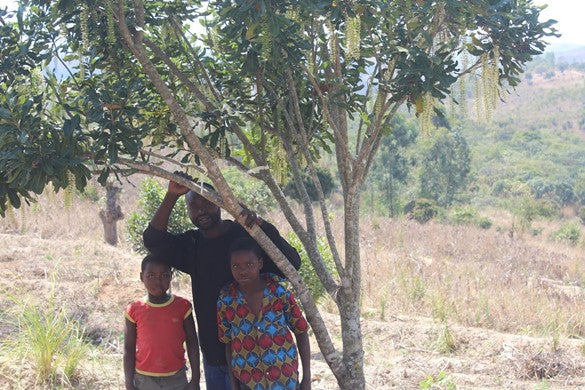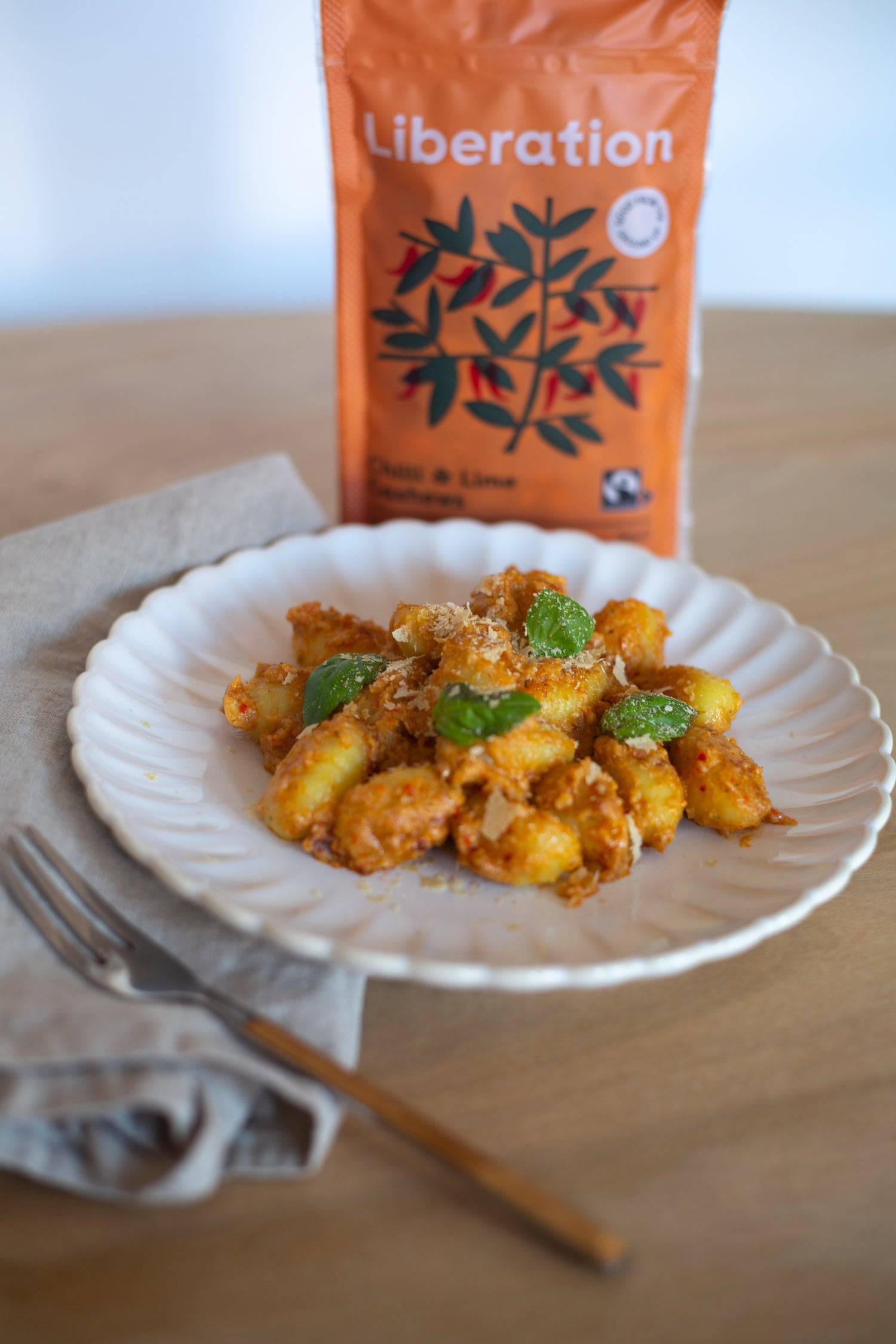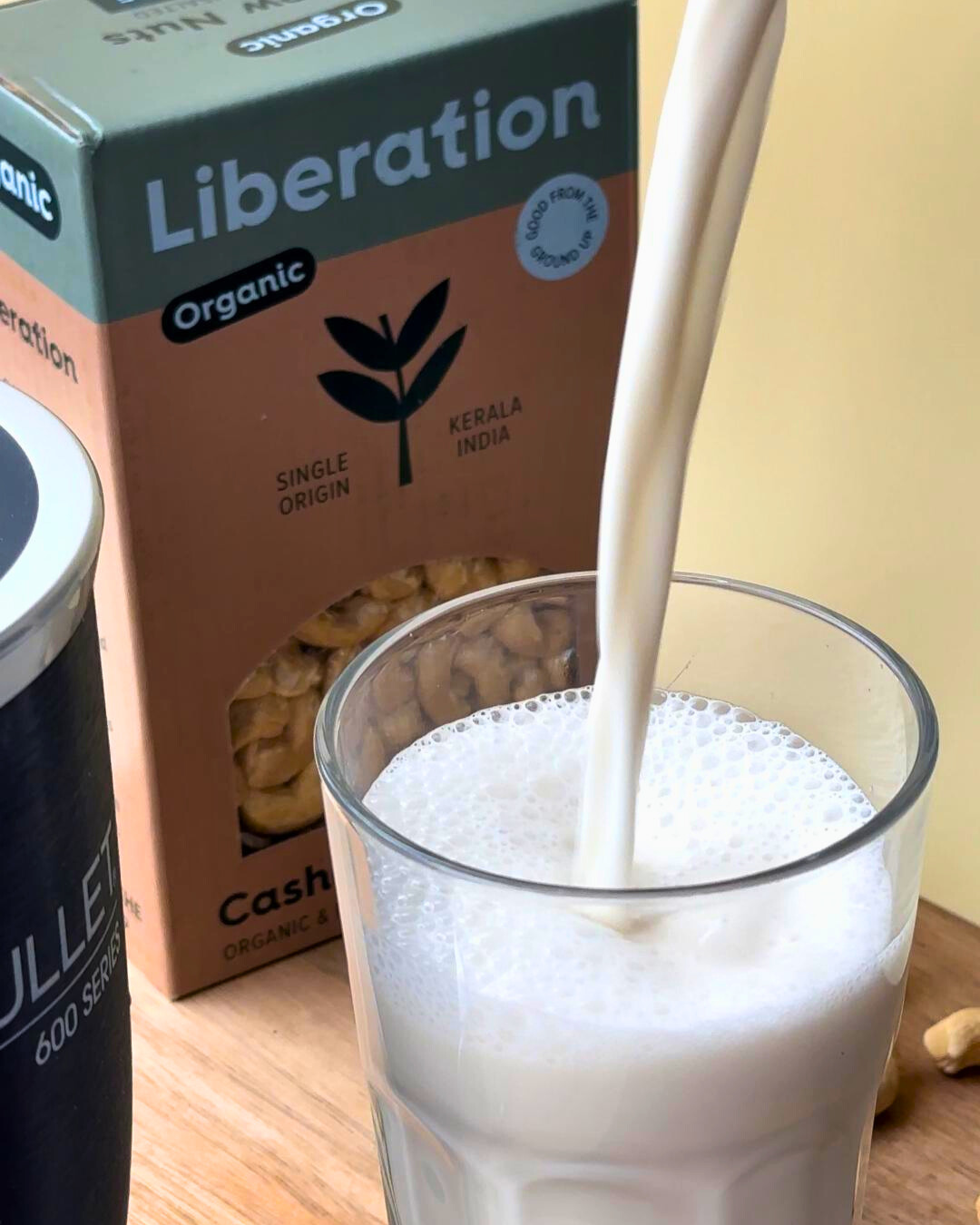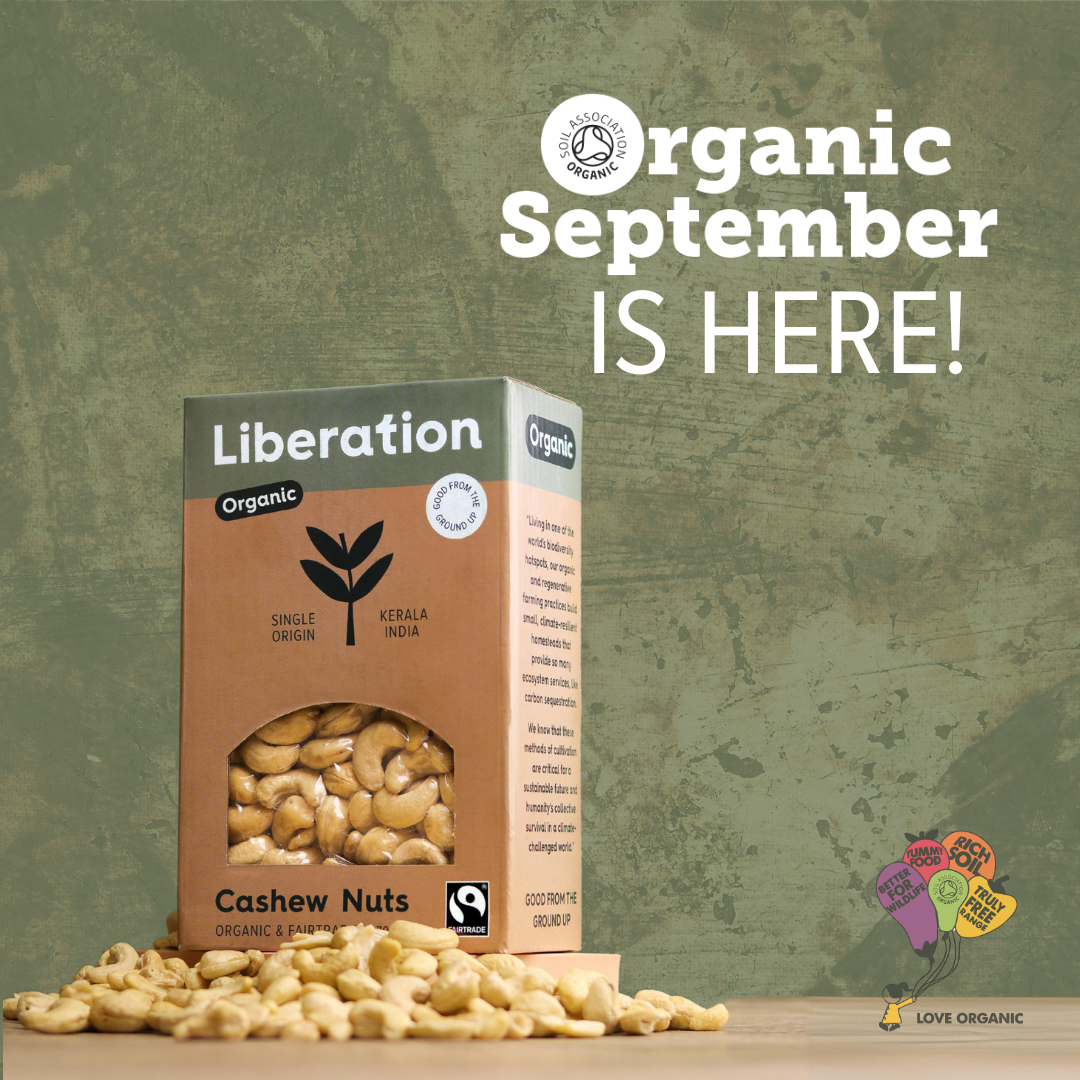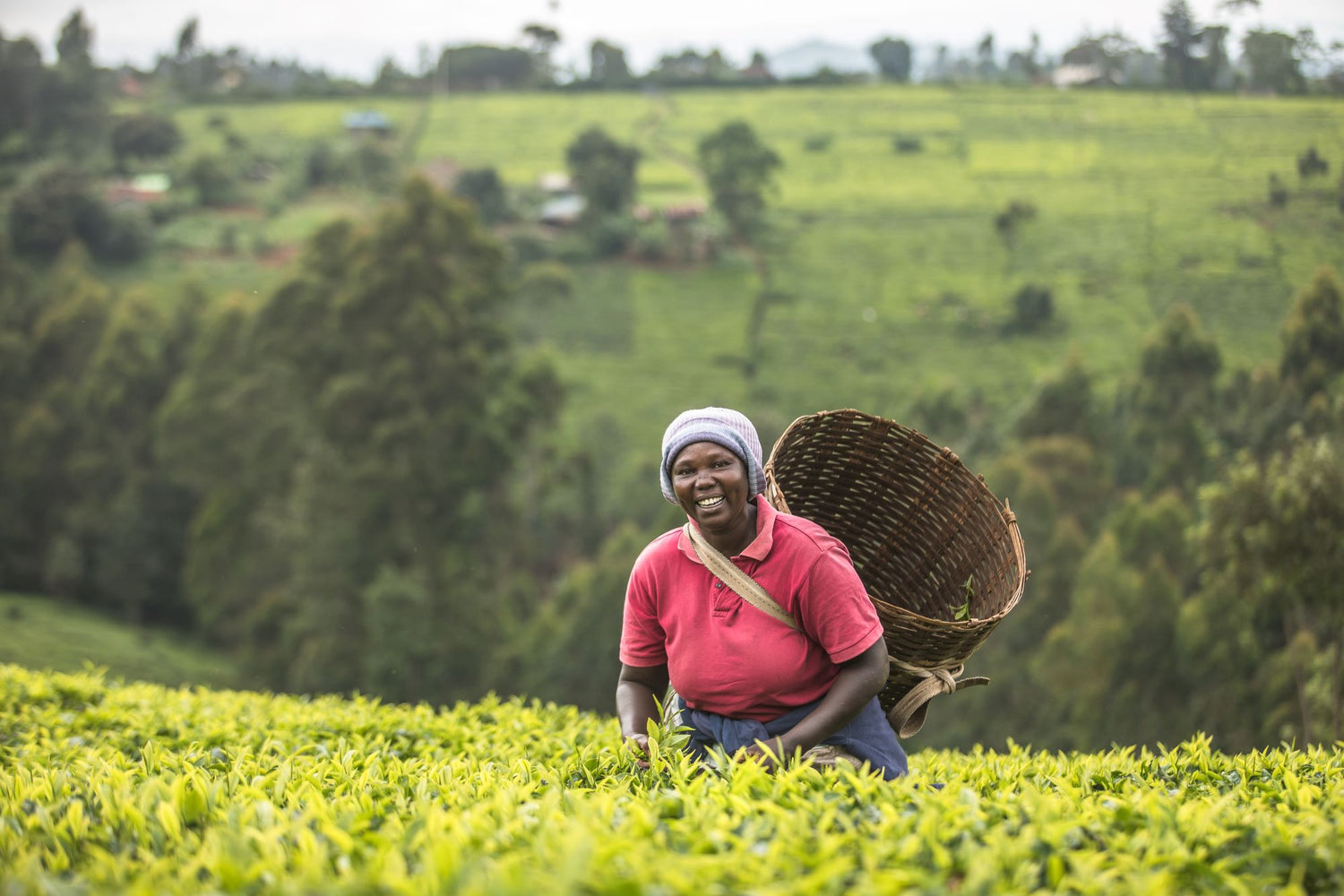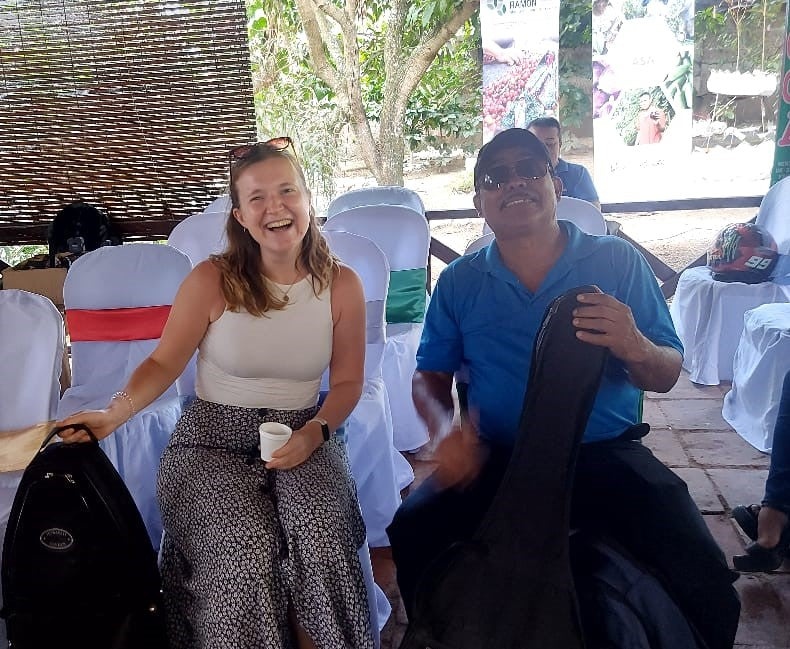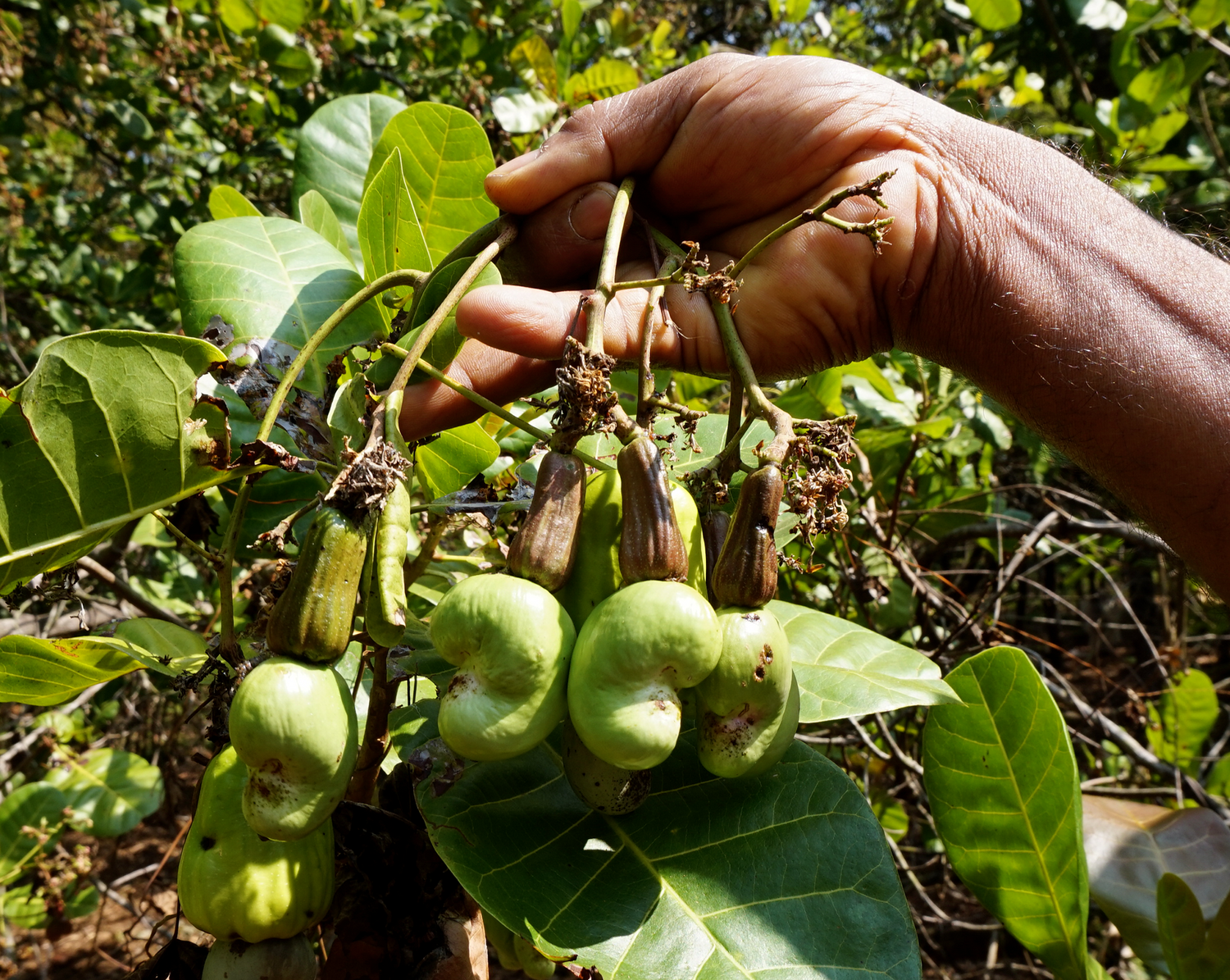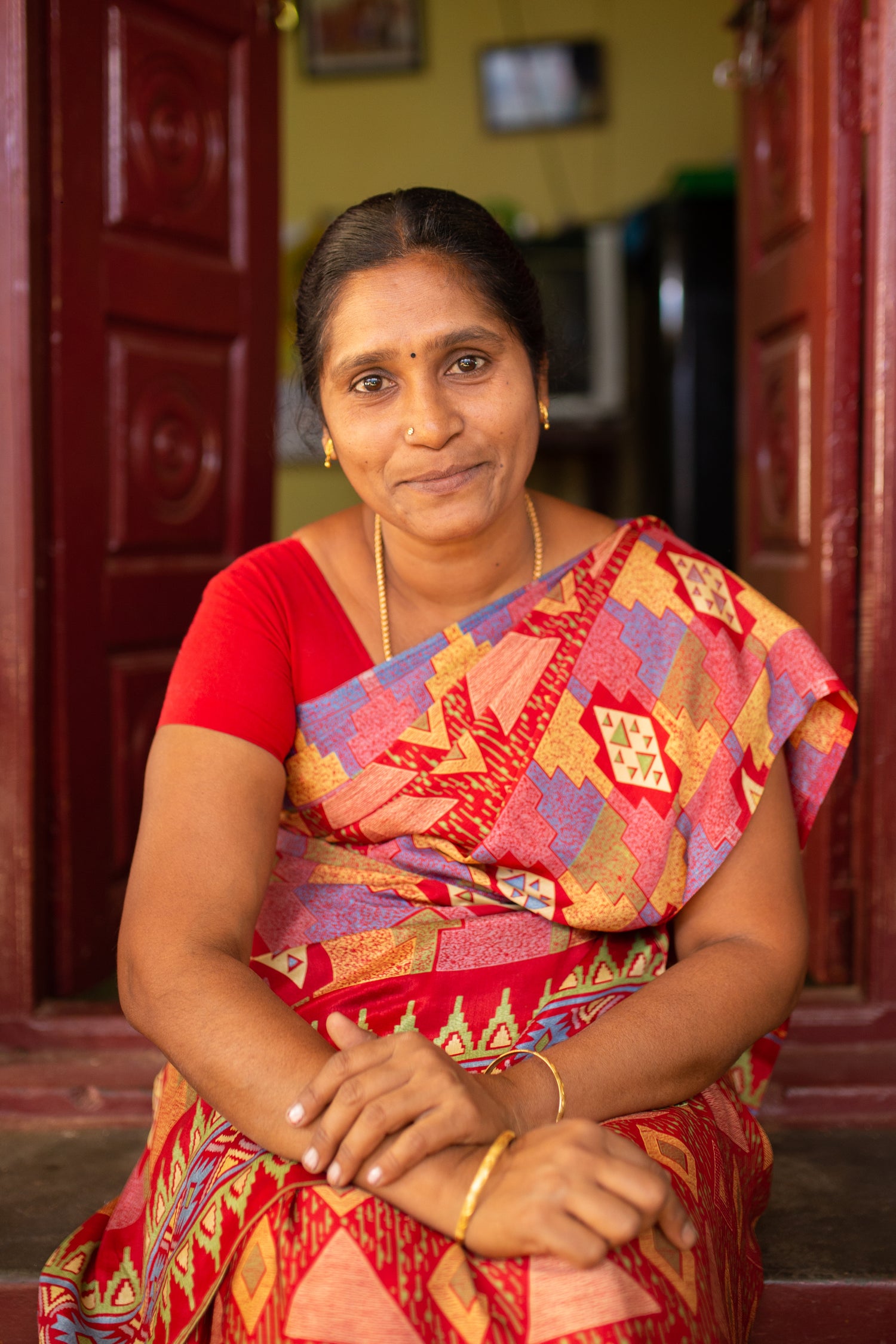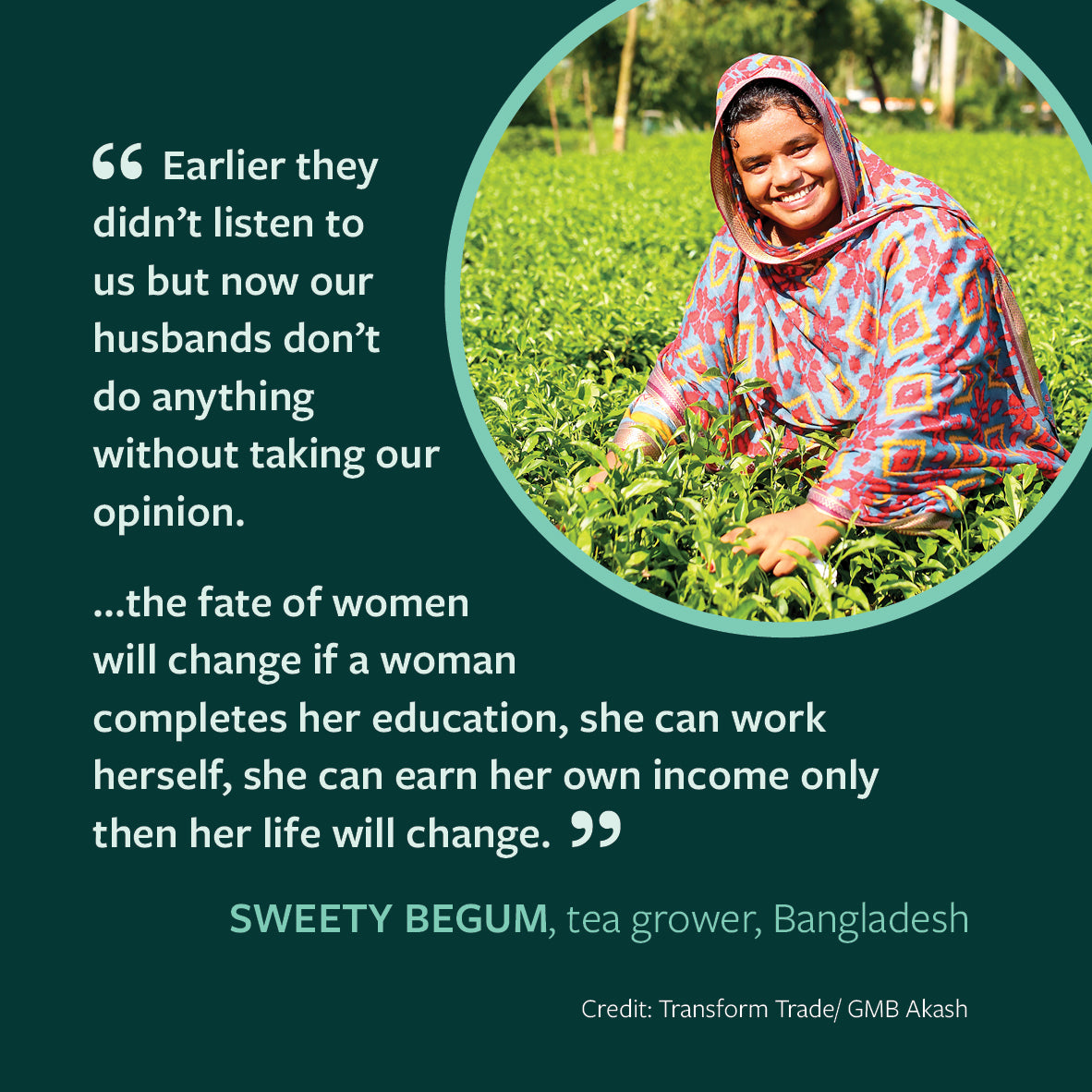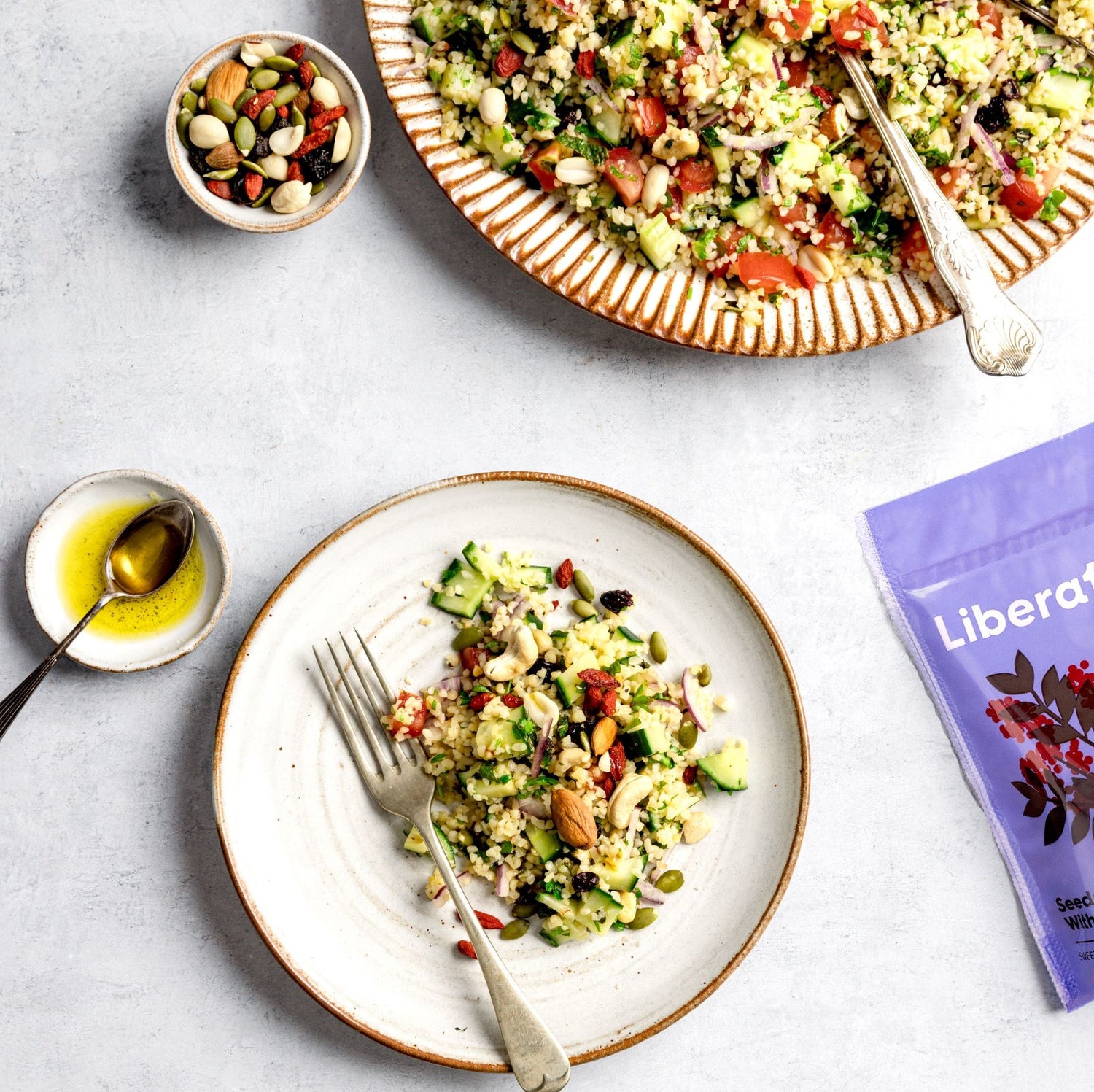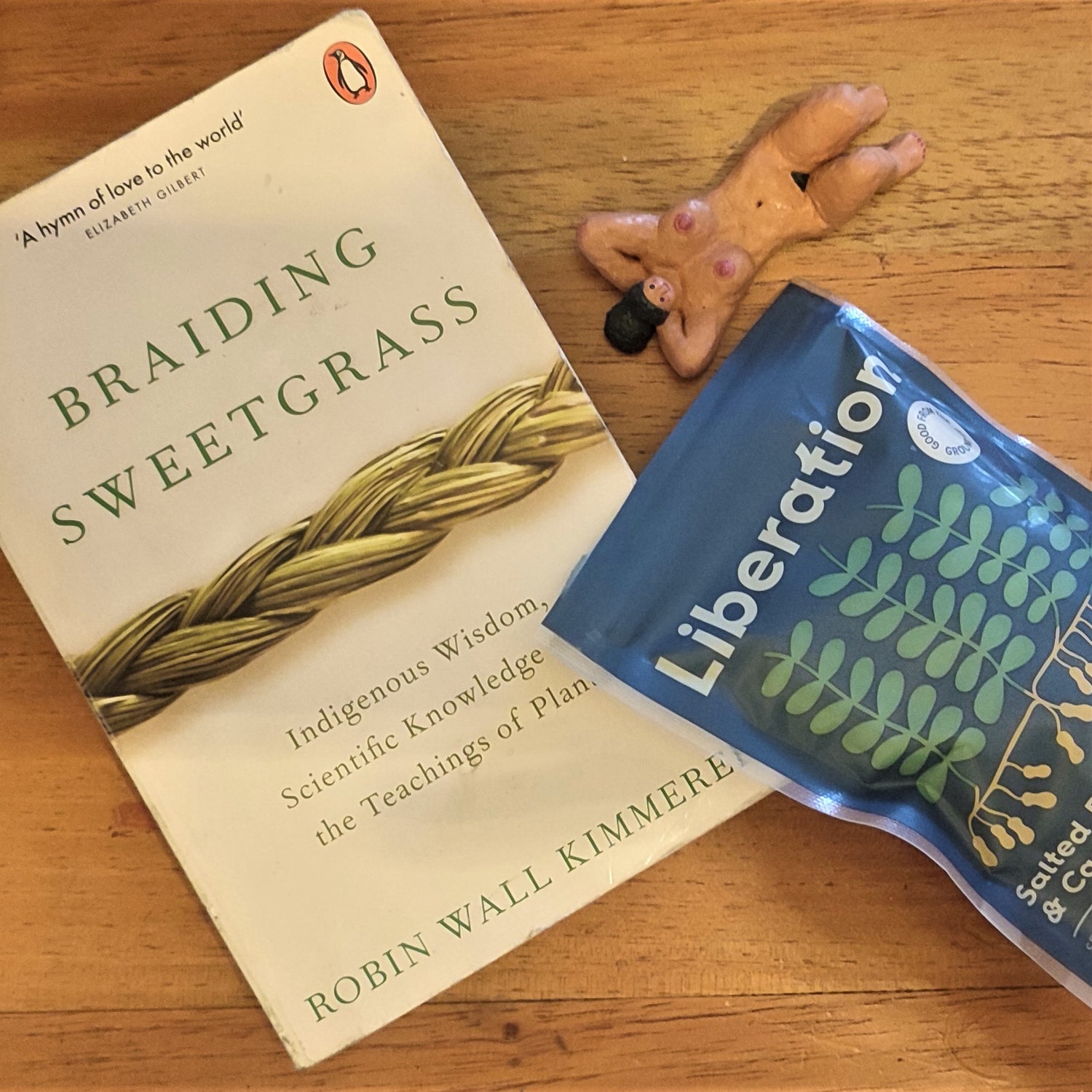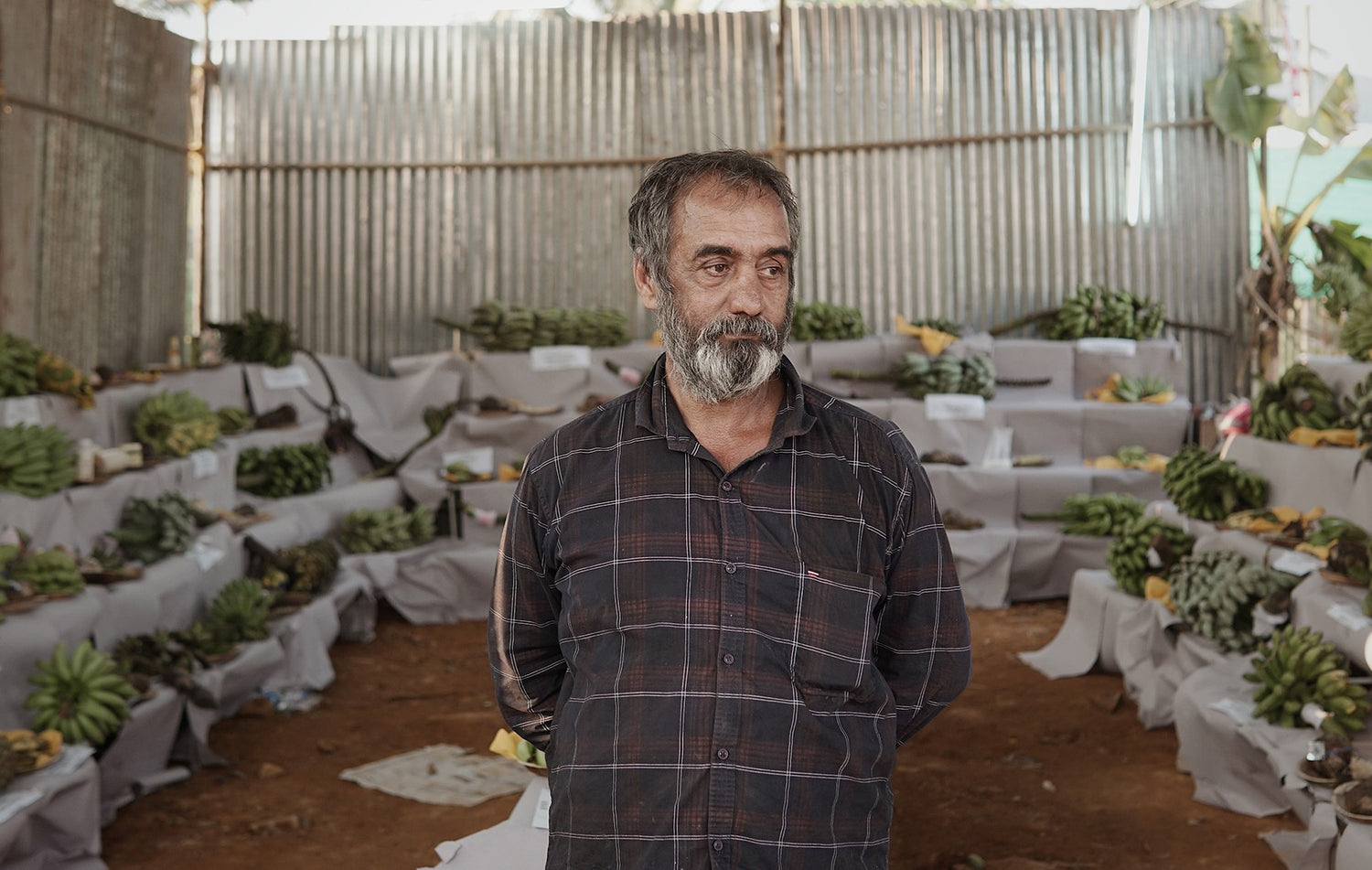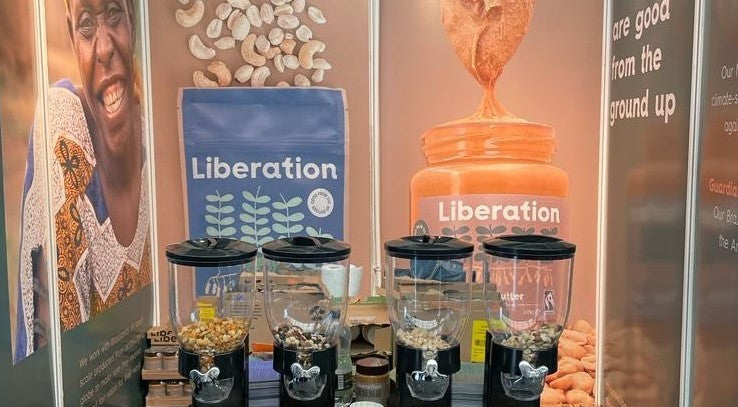(We are very pleased to welcome Emmanuel as a guest writer for Liberation. With in-depth knowledge of smallholder crop production, climate impact and climate justice, currently writing his Ph.D. on Understanding smallholder macadamia tree growth, constraints to nut production and climate change impacts in Malawi and having worked closely with the Malawian cooperative HIMACUL, he shares his expertise and insight through this study for Liberation.)
At a glance
- Agriculture is the backbone of Malawi's economy and rural livelihoods.
- A couple of weeks ago, tropical storm Ana affected hundreds of thousands of people across Southern Africa. Ana destroyed more than 10,000 homes in Mozambique, and 18 people were killed in the country.
- Almost 16,000 people in the south of Malawi have been affected by the disaster and rendered homeless. The death toll is 11, while Red Cross and the Malawi Army continue with search and rescue operations. The storm has also caused power cuts throughout Malawi as the flooding damaged the country's electricity installations.
- The Department of Disaster and Management Affairs (DoDMA) says the livelihoods of communities whose areas have been affected by tropical storm Ana, especially in the country's southern region, will take a long time to get back to normal.
Among those affected by the storm are smallholder macadamia farmers belonging to the Highlands Macadamia Cooperative Union Limited (HIMACUL). HIMACUL is a member of the International Nut Cooperative (INC), the majority shareholder of Liberation.
HIMACUL has confirmed that more than 45 mature macadamia trees have been damaged by the storm, which is a big challenge to the farmers. This is because the grafted tree seedlings are expensive to buy and the trees require a long time (at least five years) to start bearing nuts.
"What has happened in southern Malawi is of extreme concern and to very vulnerable people who are still recovering from cyclones Idai and Kenneth, which hit the region in 2019. The storm has damaged the houses of our members and has caused some of the macadamia trees to fail due to the heavy wind that was associated with the cyclone."
Ken Mkangala, manager of HIMACUL
Climate change and smallholder crop production
Climate change is already being experienced in Malawi. The country has seen increased warming, with some districts reporting average temperatures as high as 40oC. The nation has also experienced greater intense rainfall, leading to floods and droughts over the last decade.
Many smallholder farmers have already reported that climate change is the biggest threat they face. The farmers say shorter growing seasons are currently the norm of the day, and crop yields, especially maize and tobacco, are declining. The challenge of climate change has also worsened with the recent COVID-19 pandemic. COVID-19 movement restrictions, as part of the control measures put in place by countries in Sub-Saharan Africa, has implications on food security as movement restrictions coincide with planting periods of most staple crops.
"The past ten years have been very hot compared to when I was young, and some seasons have been very dry while others have been very wet, which have negatively affected my crop yields. During the 2018–19 growing season, we were affected by cyclone Idai, and this year (2022), we have been hit by cyclone Ana, both of which have caused flooding, washing away my crops, and destroying property."
Agnes Msimuko, a member of the Highlands Macadamia Cooperative Union Limited (HIMACUL), Tithandizane cooperative
Smallholder farmers like Agnes are particularly vulnerable to climate change due to high poverty levels, limited cash flow, and heavy reliance on rain-fed agriculture for food security.
Highlands Macadamia Cooperative Union Limited
But for members of the smallholder-owned macadamia cooperative, HIMACUL, there is some economic and food security in the form of climate-smart macadamia agroforestry.
HIMACUL is a Malawian smallholder-owned macadamia cooperative and works with seven district level primary cooperatives. The main focus of HIMACUL is the promotion of climate-smart macadamia agroforestry and trading with it's member farmers.
The co-op has over 3,800 registered farmer members, cultivating approximately 1,500 hectares of Malawi. Most of its members have at least 20 macadamia trees, but this has increased over the past decade. This is due to the benefits the producers have seen in terms of food security and income generation.
Climate smart-macadamia agroforestry?
Agroforestry is an agricultural system that combines trees with crops and livestock in and around farmland. In climate-smart macadamia agroforestry, the main crop is macadamia trees, and secondary crops are either cereals or legumes intercropped within the tree rows, combined with the keeping of livestock (a common scenario among rural communities in Malawi).
Climate-smart macadamia agroforestry systems are particularly important to Malawi because they allow smallholders who have little land available to them to maximize their resources. Moreover, agroforestry has been identified as one of the viable options for tackling the challenges posed by climate change.
The Advantages of Macadamia agroforestry
"One of the good things about macadamia agroforestry is that I harvest crops all year round. As you can see, I am about to start harvesting the cabbages. I already have had my first harvest of macadamia nuts last December. Furthermore, I get very competitive prices with macadamia compared to other cash crops such as groundnuts and soybeans and have a ready market with HIMACUL."
Christopher Kajawa, Nachisaka cooperative
Agroforestry systems are more advantageous than traditional agricultural and forestry methods and have the potential of mitigating and responding to challenges posed by climate change. Agroforestry contributes to climate change mitigation in three ways:
- Sequestrating carbon in biomass and soils.
- Reducing greenhouse gas emissions.
- Avoiding emissions through reduced fossil fuel and energy usage on farms.
Agroforestry systems also provide avenues for achieving other Sustainable Development Goals (SDGs) such as SDG 1 (No Hunger), SDG 2 (Zero Poverty), SDG 3 (Clean Water and Sanitation), SDG 7 (Affordable and Clean Energy) and SDG 8 (Decent Work and Economic Growth).
Climate-smart macadamia agroforestry is one of the viable options for mitigating climate change among smallholder farmers in Malawi.
Farmers utilize the nuts to supplement their cereal-based diets (a delicious snack among children!). The nuts can be sold in the local and export markets, thereby providing a reliable source of income when farmers cannot rely on other cash crops.
Macadamia trees are also resilient to drought and flooding and thus provide food and income when other crops fail due to climatic shocks. For example despite the destruction caused by cyclone Ana, HIMACUL members have reported to still have hope to come back from the climate crisis.
"Even though my maize field has been washed away by the flooding, I still have my macadamia trees to rely on during these hard times. I have already had the first harvest from my macadamia trees, kept some for consumption, and sold the surplus for income while waiting for the second and third harvests. This means I still have an extra crop which is a source of food and income generation for my family."
Calvin Masinga, a member of the Neno smallholder macadamia cooperative.
This shows how smallholder macadamia farmers are somewhat more resilient to climatic shocks than non-members who rely only on annual crops such as maize, tobacco, soybeans, and groundnuts.
Macadamia nut shells also have different uses which include:
- Source of fuelwood for cooking, thereby helping to reduce deforestation and giving women more time to do other productive chores.
- The husks are a source of livestock feed.
- Source of compost, which helps in improving soil health.
- Water filtration.
Climate-smart macadamia agroforestry systems also promote more diverse farmlands, reducing the need for synthetic fertilizers and chemicals for pest and disease control. This is attributed to increased numbers of beneficial insects pollinators, parasitoids, and predatory insects.
Mature macadamia trees also sequester carbon in their lifetime (an average of 20 kg of CO2 year-1). Carbon sequestration is very important because it helps keep carbon in the soils and thereby reducing global warming.
The Neno Macadamia Trust (NMT)
NMT works with HIMACUL to promote sustainable, regenerative macadamia farming in Malawi. The trust supports district-level primary cooperatives, business centres, and cooperative farmer members. The funding support is derived from the payment of ecosystems services (PES) from climate-smart macadamia agroforestry.
PES is a name given to various arrangements through which the beneficiaries of environmental services, from watershed protection and forest conservation to carbon sequestration and landscape beauty, reward those whose lands provide these services with subsidies or market payments.
"When I started growing macadamia with the MSDP project, I just wanted to try and see what the talk was all about with this crop. Now, I consider macadamia as my retirement crop. Apart from being a source of food and income, I receive an incentive payment for the amount of carbon my macadamia trees remove from the atmosphere. This is one of the things that drives me to continue growing macadamia and to teach my children as well."
Yustino Kwaliranji of Neno smallholder macadamia cooperative
The Neno Macadamia Trust has therefore created a platform to mitigate your carbon emissions (NMT CDMC) directly with HIMACUL farmers in Malawi. Because of these benefits, farmers like Yustino are given extra motivation to better look after their trees.
Liberation have made a commitment to calculate their carbon emissions for the last year and make a payment to NMT.
(More information will follow soon, including details on Liberation projects in relation to NMT and HIMACUL.)
Conclusions
Smallholder sustainable food production is key to a healthier future and for climate change adaptation. Climate-smart macadamia agroforestry systems are beneficial to food security, economic development, and an adaptation strategy to climate change among smallholder producers in Malawi.
Supporting programmes that promote agroforestry such as climate-smart macadamia systems is key to achieving SDGs. Liberation and NMT are working together to assist HIMACUL in further increasing the benefits of climate-smart macadamia agroforestry systems in Malawi. Supporting such organizations with PES is thus vital for a sustainable future.
About the Author
Emmanuel Junior Zuza a Malawian third-year Ph.D. Candidate at The Open University's School of Environment, Earth, and Ecosystem Sciences. His research interests are in smallholder crop production, climate change, gender, and climate justice, agroecology, citizen science, and value chain development and analysis, especially of nut crops such as groundnuts and macadamia nuts. Twitter, Linkedin, Instagram, Facebook.
More details on his recent work on macadamia production can be found in:
Zuza, E. J., Maseyk, K., Bhagwat, S., Emmott, A., Rawes, W., & Araya, Y. N. (2021). Review of Macadamia Production in Malawi: Focusing on What, Where, How Much Is Produced and Major Constraints. Agriculture, 11(2), 152. https://doi.org/10.3390/agriculture11020152.
Zuza, E., Maseyk, K., Bhagwat, S. A., De Sousa, K., Emmott, A., Rawes, W., & Araya, Y. N. (2021). Climate suitability predictions for the cultivation of macadamia (Macadamia integrifolia) in Malawi using climate change scenarios. https://doi.org/10.1371/journal.pone.0257007.

